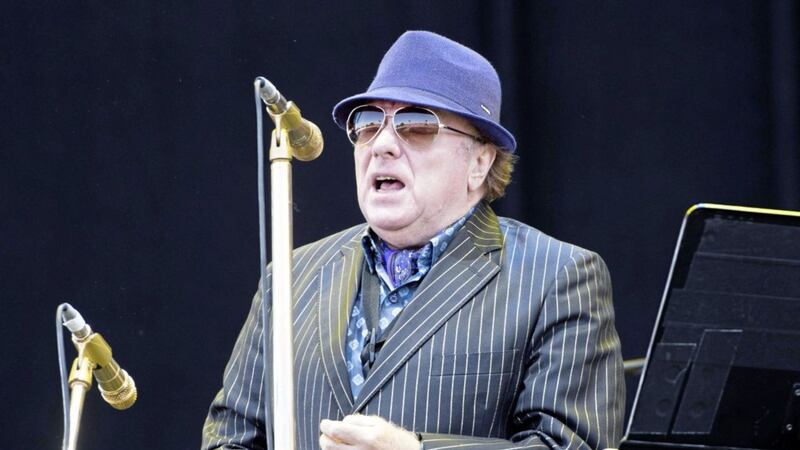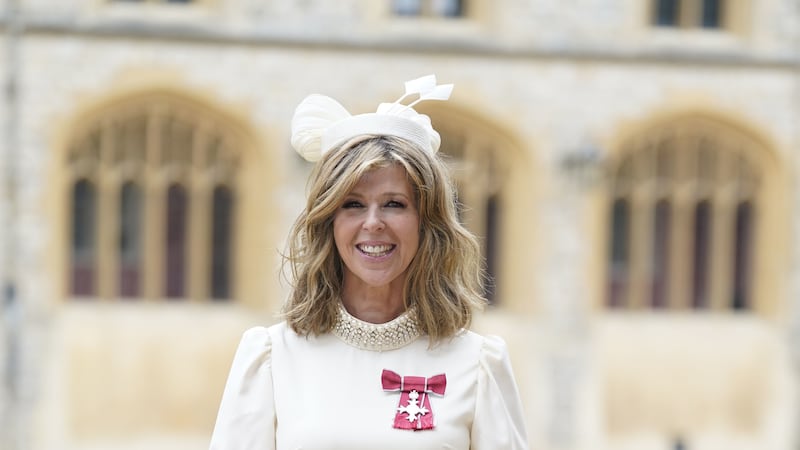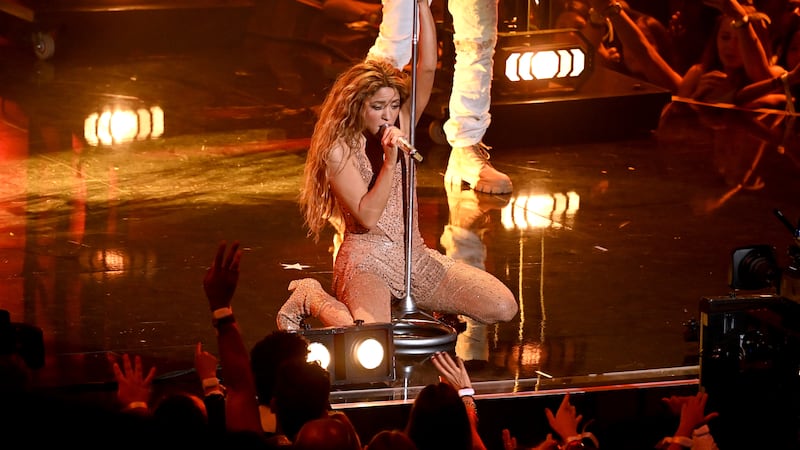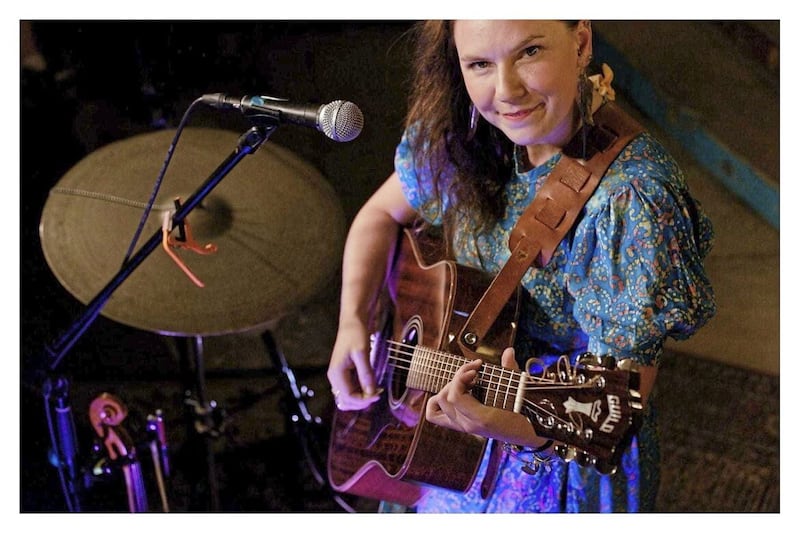AT 125 Hyndford Street in Belfast, there lived a little boy called George.
George loved music and would listen to pirate radio stations late into the night as the sounds of the Mississippi Delta floated over the east Belfast skyline, the H&W cranes agog.
As a teenager, he started writing songs himself, joined a band that sent their peers crazy in those smoky black and white days of the 1960s in places like the Maritime and Sammy Houston's Jazz Club in Belfast but also the Strand in Portstewart, the Flamingo in Ballymena and, on January 8 1965, an Orange hall in Armagh.
He shortened his second name Ivan to Van, went to America and a superstar was born.
Now, the name Van Morrison is spoken off in hushed tones across the world - probably less respectfully since his gig with Ian Paisley Jnr at the Europa, but we'll draw a veil on that...
The point is that Belfast can and has produced musicians of the highest calibre in all genres and this month the city was announced as a UNESCO City of Music.
While Van and Them were singing about G-l-o-r-i-a, at the same time - the 'Swinging Sixties' - there was a revival in folk music in places like Pat's Bar and with bodies such as the Ulster Folk Music Society, the Belfast Folk Song Club and the QUB Folk Club were highly active.
And that's not to mention the marching bands, pop groups, punk outfits and all manner of music making going on in a city, known only for its Troubles.
But Belfast has always been a musical city, something recognised by the designation, awarded by UNESCO's City of Music programme as part of the wider Creative Cities Network, thus becoming the first Irish city to receive the honour.
Liverpool and Glasgow are previous recipients.
Claire Kieran, events manager at An Droichead, the Irish language and arts centre in south Belfast, was on the steering committee which won the recognition.
"We are trying to meet every month and this Wednesday was the first time we'd met since the designation was announced so, needless to say, it was a very happy group of people who met up to talk about the way forward from here on in," she says.
Because the types of music played and listened to in Belfast are so vast and even the different genres are so variegated - jazz can be trad, freeform, bebop, hard bop, cool, Cuban, etc, and even Irish traditional music can be minimalist, ceili band, duo, trios, fusion, etc - I was intrigued to know if the City of Music steering committee was broken up into competing interests; heavy metallers versus singer-songwriters, for example.
Despite the wonderfulness of that image, Claire tells me it wasn't the case.
"Well, no," she says. "The steering group is made up of people from right across the sector with who work in all different genres.
"It's made up from various other stakeholders like the Arts Council, Belfast City Council, the British Council and others who have an interest in the music sector in the city.
"There are also a few musicians in the steering group and that's important as well. So hopefully everyone's represented and it's good to have people from different musical backgrounds working together in different ways."
Details of what the City of Music will entail are pretty sketchy at this early stage but Claire is hoping the benefits will be seen fairly soon. What does she think it will mean for music in general and for traditional music in particular?
"Well, the intention of this designation for me personally and broadly speaking is to highlight the importance of music to the city," she says.
"I don't think people understand the vibrancy of the music scene here or how many amazing musicians we have amongst us or the very rich musical heritage that we have here.
"We want to make sure that everybody has an opportunity to access that and to spread the message that Belfast is a great place to be if you're a musician, if you're an audience member, if you're a business in the city, making it better and provide more opportunities and more access to music."
Claire, of course, has traditional music close to her heart and she says that it's very important that within the bid, it was given its rightful place.
"I'm lucky enough to know what a vibrant scene we have," she says.
"I believe that traditional music holds a particular importance because it's totally connected to our sense of place and to the story of everyone who lives here so, for me, it's very important that traditional music is given its place within the story."
Claire continues, pointing out: "I just I think it's particularly important to emphasise the communal aspect of traditional music. It's very intergenerational.
"And there's lots of people who play who wouldn't necessarily consider themselves part of the music industry but it's important to recognise that their amazing talents are there. It's a community or a way of life for many people.
"During the period of the City of Music designation, we hope there will be more opportunities to hear it, more opportunities for people to explore it, for musicians to play it."
As for An Droichead, music is slowly beginning to return after Covid laid it low.
The upcoming Voice Squad gig has unfortunately had to be cancelled due to illness, but plans for the seventh Song Gathering Weekend, a celebration of the Ulster song tradition, are going ahead at full speed.
Another great initiative of An Droichead are the Trad Tours, described as a crash course in traditional music during a walk though Belfast's Cathedral Quarter. Not to be missed.
The UNESCO City of Music has promised to deliver "a series of high-profile musical events" over the coming years.
As George Ivan Morrison has asked: "Wouldn't it be great if it was like this all the time?"








